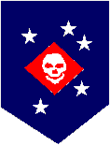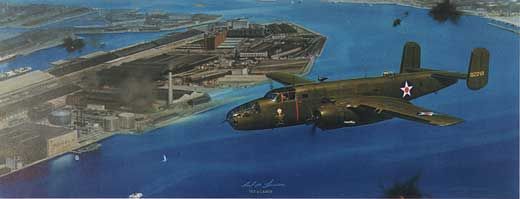anarchyintheuk
Posts: 3921
Joined: 5/5/2004
From: Dallas
Status: offline

|
quote:
ORIGINAL: Andreus
Perhaps this may sound too harsh to my english-speaking friends but being italian I am always struck by the amount of pure nonsense written about the alpine front. This always makes me wonder how much of the part regarding the balkans and russia is accurate and sound. I guess almost nothing.(In this regard Martin Gilbert's The First World War is probably the worst of the bunch)
Part of the problem with those areas are that the native speakers didn't seem particularly interested in writing histories of either their country's role in the war or the front in which they were involved, especially right after the event. Some of it was because of disassociation w/ the war after it was over either because of its causes, how the country performed or whether it even existed. Russia lost, suffered a humiliating peace treaty, had a new government, was fighting a civil war and preparing to invade Poland. Can't imagine too many writers in that country concerned w/ researching the role of the Tsar's army or Russia's role in WWI. Italy felt it was shafted at Versailles and weren't too successful during the war in any event. Let's face it, how much fun would it be to write about the x number of battles of the Isonzo or Caporetto. They also didn't have an outstanding political or military figure (Diaz excepted) to write about. AH - ceased to exist and the countries that it was formerly composed of preferred to write about their own histories, either stressing their independent history (if they had one) or marginalizing the role of their involvement in the AH empire. Serbia ceased to exist, Bulgaria and Turkey lost. So you end up w/ very little original documentation of those fronts by those closest to it and no continuing scholastic tradition of debate on the subject. No scholastic debate, no controversy. No controversy, no writing. Nothing spurs writers like controversy . . . well, that and publishing to pay the mortgage or get tenure.
I also liked both of Massie's books.
|
 Printable Version
Printable Version








 which gives a very good account of the war from the point of view of the Central Powers.
which gives a very good account of the war from the point of view of the Central Powers. 


 New Messages
New Messages No New Messages
No New Messages Hot Topic w/ New Messages
Hot Topic w/ New Messages Hot Topic w/o New Messages
Hot Topic w/o New Messages Locked w/ New Messages
Locked w/ New Messages Locked w/o New Messages
Locked w/o New Messages Post New Thread
Post New Thread